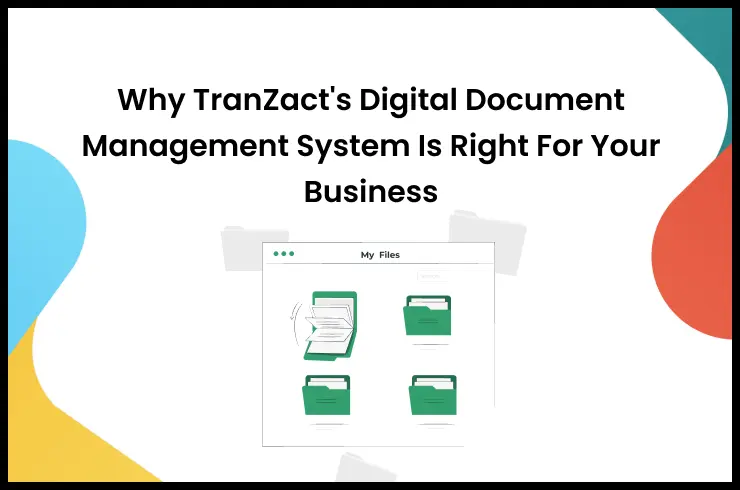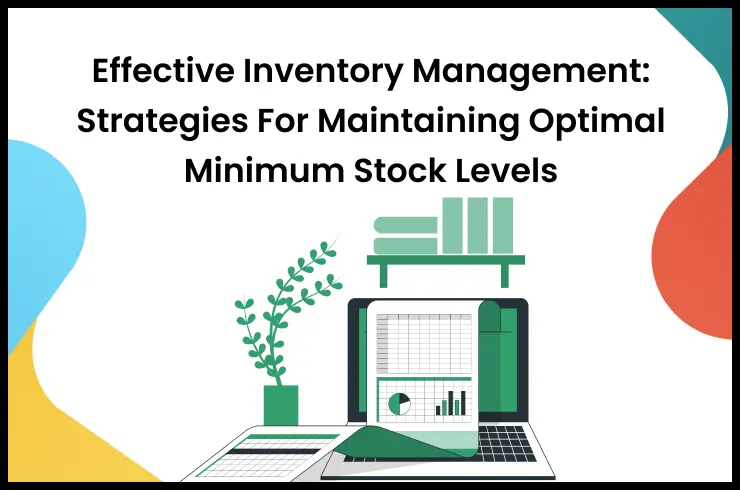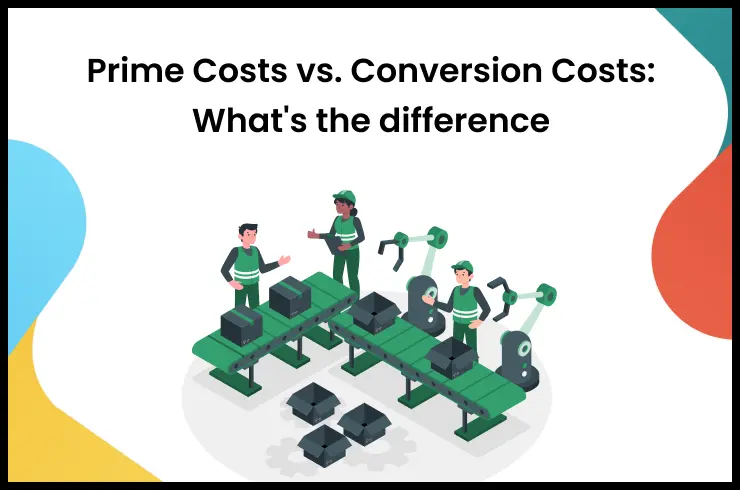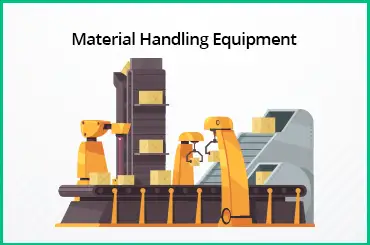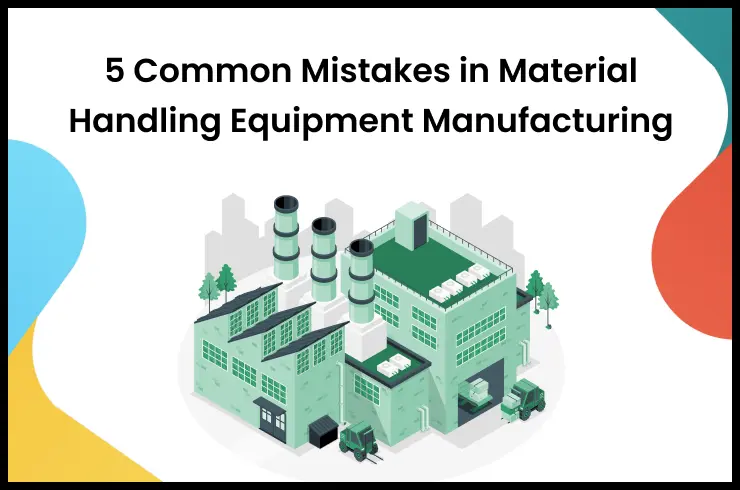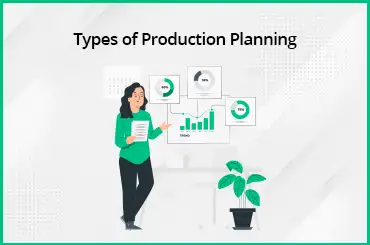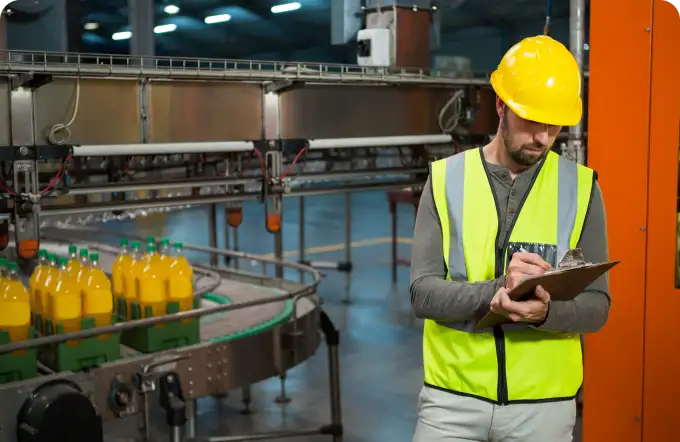Gaining knowledge of what is production management can help you grow your business by planning, coordinating, and controlling production-related activities and ensuring that goods are produced as per expectations, on time, and within budget.
One of the most critical challenges in the manufacturing industry is the management of production, which impacts production planning, scheduling, quality control, and maintenance management. Effective production management also helps to streamline business procurement to get the right materials or services for manufacturing processes, understand demand, and manage and value inventory. This blog will help you understand what is production management and how it contributes to business profitability.
What Is Production Management?
Production management is a series of activities including planning, execution, and directing of production operations to convert raw materials into finished goods or services and to achieve the desired output of the product or services.
The entire production management system relies on two checkpoints that need to be planned to maintain the efficiency of production.
- Procuring resources in the form of raw materials, labor, capital, equipment, management inputs, and so on from multiple suppliers.
- The allocation of procured resources and assembly line organization to produce the finished goods.
By establishing a smooth production process with efficient planning and control over key operations, businesses can acquire the right quality of resources or goods and manufacture good quality products while managing time and cost.
Functions of Production Management
With the understanding of what is production management, you must also know the functions of production management. Production management attempts to utilize the 6 M's, i.e. Man, Machine, Methods, Money, Materials, and Markets. And all these elements are managed in three steps that are needed to optimize production capacity and performance.
Selection of Product and Design
The selection of products or raw materials is the fundamental operation performed by businesses. Production management helps the business select the right resources with the help of the procurement life cycle. It also helps the organization choose the relevant production design for a smooth production process.
Companies also need to understand the consumer's needs to create products that are satisfactory. The production management process helps the organization to execute a detailed evaluation of products that can meet the expectations of the customers without exceeding the cost of production.
Production Planning and Control
After the selection of the correct product or resources with the complete evaluation of the customer, it needs the next step that is production planning and control. Production planning involves the selection of the correct type of machines and technology, investment of capital, and installation of the setup for production. The quality of the product, the efficient flow of production processes, and the effective use of raw materials are essential parts of planning.
The whole process is compared and contracted to map all the necessary diversions with original plans and identify loopholes before executing production. Production control is overseen by the production manager who is responsible to set quality benchmarks from start to finish of the production activities. Scheduling includes the allocation of material, and labor while factoring in aspects like cost control.
Machine Management and Replacement
The production management process is also responsible for the maintenance and replacement of machines to ensure the smooth running of production cycles. This is part of the operation executed by the manager and the team at specific intervals to prevent speed breaks in production. This section is also important because it ensures the safety of the workers and even increases their productivity.
Importance of Production Management
So far we have seen how production management works to increase the efficiency of manufacturing. Now, let's understand the importance of production management and how it supports various industries in manufacturing. Production management allows the organization to deploy capital and resources concisely and minimize the disparity between estimated plans and actual production output.
It helps in optimizing production activities and boosts the efficiency of the workforce, and the use of resources while minimizing cost. It also provides a smoother flow of processes resulting in increased efficiency that helps to combat market competition.
Example of Production Management
Some examples of the production process within production management that you must know about are production scheduling, account management, managing the production budget, inventory management, quality control, and quality assurance. Other functions within this module are efficiency, automation, labor management, sustainability, compliance, product development, sales and operations planning, and distribution. These are some key activities that you must put into practice for hassle-free operations.
An example of production management can be considered in a manufacturing plant that produces furniture. The production management team works to ensure that all components of the production process are running smoothly to meet customer demand. The planning function determines production targets, types of furniture to be produced, and required resources to meet the targets, while the quality control team ensures to check all the products meet the standard quality expectations. In this way, every function within production has a dedicated role to play.
Best Practices in Production Management
Businesses must regularly follow a set of best practices surrounding production monitoring, quality checks, and planning for best results. Production management systems can help them to adopt these best practices seamlessly. We have outlined some of these key practices as follows:
Defining Key Performance Indicators (KPIs) for Production Processes
A Key Performance Indicator (KPI) is a specific type of measurement used to monitor the performance of the production process. It is typically used to track improved production through dedicated KPI reporting. Automating the process with cloud-based software can provide you with real-time data that can be accessed remotely through various devices.
Lean Manufacturing Principles and Their Importance
Another best practice is to improve efficiency by reducing waste and increasing productivity. And this can be done by improving employees' efficiency and the innovation of resources. Maintain a record of errors to ensure you don't compromise on quality control and repeat the same mistakes that you have made previously.
The Role of Total Quality Management (TQM) in Production Management
The management of equipment assets is another important aspect of an effective production management process. Ensure all the equipment has safety and maintenance compliance in alignment with Total Quality Management (TQM). TQM is an end-to-end quality management technique that loops in all stakeholders including employees, leadership, processes, vendors, and suppliers to ensure all quality standards are being met.
TQM helps to achieve long-term success through continuous improvement and can be applied to any organization, regardless of its size or industry.
These are the best practices you can adopt for better production management to deliver quality products to end-users. Here, TranZact's cloud-based software can enhance your production operations and even provide accurate data about the manufacturing process in real time.
Tools and Techniques for Effective Production Management
Several tools are available that can be applied to effective production management to make the enterprise more productive. And these activities are commonly executed by proper process mapping and scheduling of production functions. Below are some of the techniques you can use to manage production properly.
Process Mapping and Process Optimization
The production team must plan the complete process before actual production by considering all the information about the supplies of raw materials, the technique used in manufacturing, budget, and cost. The manager prioritizes activities to identify problems and optimize the process for the final production of the goods.
The Importance of Scheduling and Planning Tools
The second technique is the planning and scheduling of the production process to fulfill customer demands. For accurate scheduling and planning, you can rely on data that are obtained by operational management software and schedule your production according to demand. This helps in the effective management of raw materials and minimizes cost.
Quality Control and Assurance Tools
No matter how fast your manufacturing processes are if you don't match the customer's expectations, it can impact your business sales. So, it's better to maintain the specification and procedure as outlined in the control plane. You must automate manual tasks to eliminate human errors, increase accuracy and visibility, maintain correct documentation in your system, and trace requirements to gain better control over product and process quality.
The Role of Enterprise Resource Planning (ERP) Systems in Production Management
If you want to stay ahead of your competitor, automation is the best practice to speed up your production management. The use of production management software allows for tracking of the usage of raw materials, equipment effectiveness, and on-time deliveries. You get easy access to accurate data, which helps to make fast and better decisions compared to your rivals.
Strategies for Effective Production Management
Here are four key strategies that can help you to streamline production and manage supplies of raw materials, inventory workflow, and cut down on production costs:
The Importance of Continuous Improvement (CI) in Production Management
An effective strategy that can be implemented in the production management process is continuous product improvement. Continuous improvement comprises an improvement in both processes and the product. This helps in increasing productivity and maintaining quality at a lower cost.
Implementing Just-In-Time (JIT) Principles in Production Processes
Delaying the delivery process has a great impact on the business's reputation. Implementing the just-in-time principle can help to maintain the inventory through the arrival of raw materials and the dispatch of finished goods at the right time. It helps to maintain a smooth supply chain process and provides transparency to the customers.
The Role of Total Productive Maintenance (TPM) in Production Management
Total Productive Maintenance (TPM) plays a very important role in production management. It emphasizes proactive and preventative maintenance to increase the operational efficiency of the equipment. This helps to achieve the objectives of production management, to make a list of equipment in the plant with a maintenance schedule, and execute all necessary activities.
The Importance of Supply Chain Management in Production Management
Supply Chain Management (SCM) is the most fundamental aspect of production management. It helps in the flow of goods and finance related to products or services, starting from procuring raw materials and the delivery of the product to the final destination. With smooth SCM, businesses can ensure effortless inventory management and enhance the quality of the product.
Common Challenges and Solutions in Production Management
Having understood what is production management, the working of production management, and various techniques for seamless production management, let's move further to observe some common challenges that occur in the production process.
Overcoming Production Bottlenecks
Over-production is an important bottleneck for manufacturing businesses. The best way to deal with this problem is to analyze the market demand and reduce the number of times recalibration and shutdowns if required. Schedule the run of the same product or material back-to-back as much as possible and keep running machines longer and more consistently.
Reducing Lead Times and Cycle Times
The lead time varies across the supply chain which causes difficulties in predicting the demand and coordinating with the production. The company may often witness an excess inventory problem, and that becomes a strain on the budget.
Automation is the solution to lead time concerns as it ensures reordering requests are placed before the stockout hence reducing the shipping time and cost. With automated production processes and software, businesses can decrease or increase production turnaround when needed.
Managing Inventory and Reducing Stockouts
When demand and supplies are not predicted well, they lead to inconsistent inventory levels and stockouts. One can easily manage the inventory by automating production and using real-time data for procurement and production.
Balancing Cost, Quality, and Delivery Time
The last and most important factor is balancing cost, quality, and delivery time which impacts most business verticals. Continuous production with the maintenance of quality can be enabled by automating production processes. Production software provides live records of all the production management processes, relying on which you will never go out of stock and efficiently manage delivery times.
Seamlessly Manage All Your Production Operations With TranZact
Track all your production processes in a single click with TranZact and increase the speed of production with high quality. With multilevel Bill of Material solutions, TranZact allows you to oversee interconnected production cycles and control all functions, right from planning and execution to testing. It helps you to achieve higher profitability by knowing what's next in your production queue at one glance!
FAQs on Production Management
1. What is the role of production management in a manufacturing plant?
The role of production management in a manufacturing plant is to ensure accurate production planning and efficiency of resource allocation, for finished goods delivery within the required quality standards and budgets.
2. What are the benefits of implementing a production management system?
A production management system oversees the end-to-end process involved in manufacturing goods or rendering services to customers. It also helps with quality control, to monitor improvement areas continuously, and managing maintenance needs.
3. What is the difference between production management and operations management?
Production management is related to the manufacturing of products only, whereas the scope of operations management includes all regular business activities in the organization.
4. What is product lifecycle management?
Product lifecycle management is a set of activities and tools used to manage the journey of a product from inception to finish. This includes its initial design and development through to its disposal and includes all functions of product development, manufacturing, marketing, and support.







